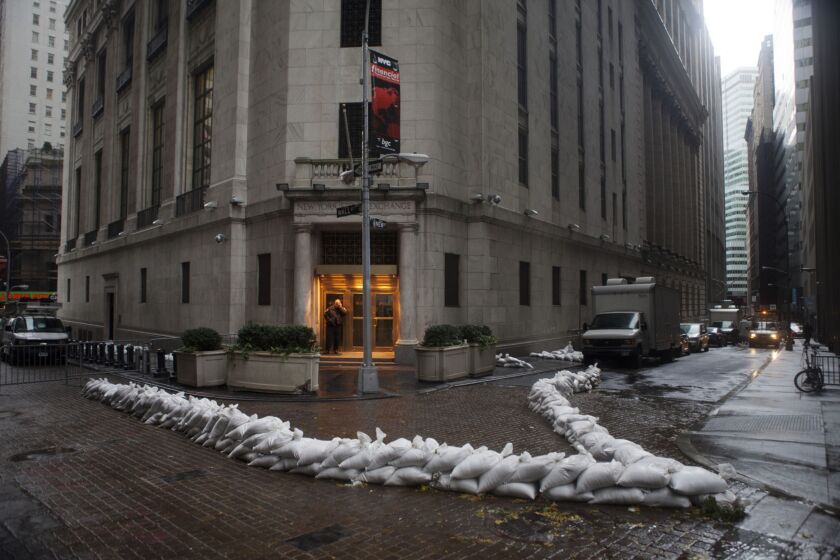Midsize businesses and state and local governments are among the beneficiaries of the central bank's latest $2 trillion effort to mitigate the economic damage caused by the coronavirus pandemic.
The coronavirus has accelerated a move toward a public option for digital wallets that would tie government authentication to payment transactions. If successful, this could be the catalyst for a national digital identity system.
It was less than three months ago, though it seems like a lifetime. Mastercard CEO Ajay Banga welcomed progress in the trade dispute between the U.S. and China, but with a caveat. The good news wouldn't last if the coronavirus became a pandemic.
Businesses are struggling to adapt to remote work, according to a new survey by Arizent, the parent company of Employee Benefit News.
Ratings agencies predict major losses for all of the largest BDs, prompting firms to reassess strategies in uncertain times.
The impending wave of loan delinquencies because of the coronavirus hurt private mortgage insurer earnings, but the companies will still have sufficient capital, a Keefe, Bruyette & Woods report said.
While analysts agree banks are in better shape than in 2008, lawmakers are dusting off a crisis-era tool used by the Federal Deposit Insurance Corp. to soothe potential liquidity fears during the coronavirus pandemic.
Bankers will be pressed on upcoming earnings calls to forecast how the coronavirus pandemic — and the government's response — will shape credit quality, margins and fee income.
We've had many chances to learn, from the dot-com bust to the 2008 financial crisis. But the storm is perhaps most applicable to our current situation.
The Federal Reserve committed Monday to conducting more asset purchases of Treasury securities and mortgage-backed securities and announced $300 billion in new financing for credit facilities.

















